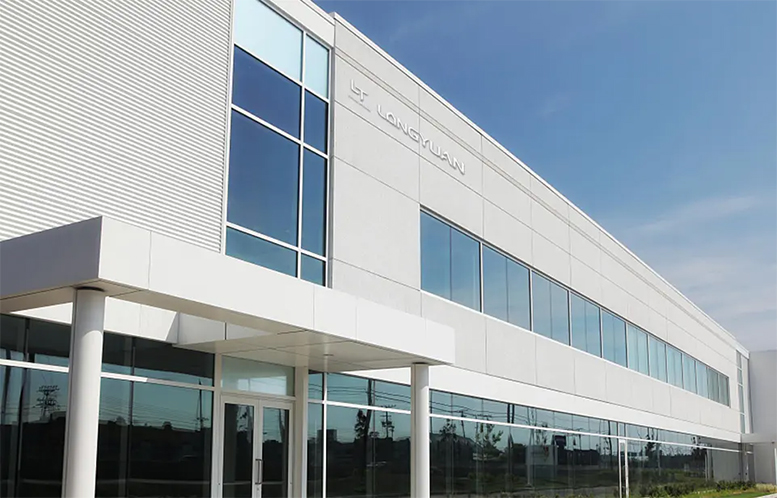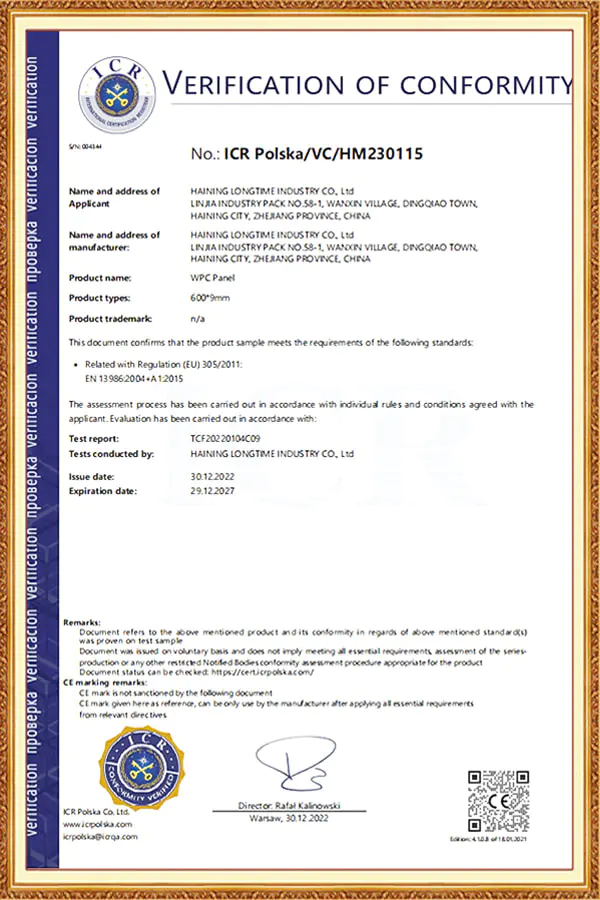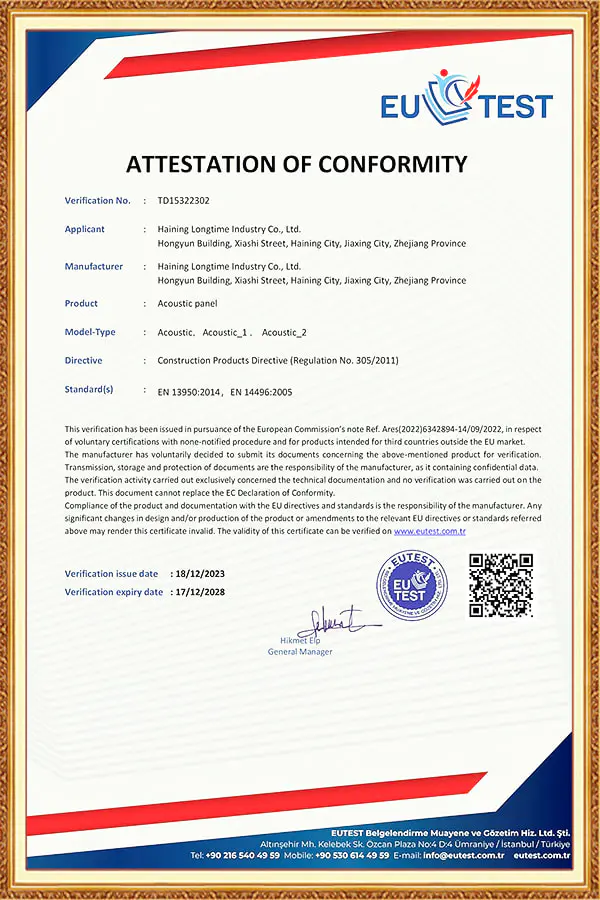




Industry Background and Application Importance In modern commercial and residential interior construction, wall panel systems are increasingly evaluated not only on aesthetics, but also on installation efficiency, system integration, lifecycle cost, and long-term operational stability. Traditional s...
View MoreIndustry Background and Application Importance Decorative surface materials play a critical role in modern construction, interior systems, and modular building solutions. Traditionally, natural marble has been widely used in architectural and interior finishing due to its aesthetic qualities and per...
View MoreIndustry Background and Application Significance In modern construction, the choice of materials significantly impacts the durability, performance, and maintenance costs of a building. Wall materials play a critical role in determining a structure’s overall longevity, energy efficiency, and cost-eff...
View MorePolystyrene (PS) is a synthetic aromatic hydrocarbon polymer widely recognized for its rigidity, ease of molding, and insulating properties. The PS wall panel is primarily made from expanded or extruded polystyrene foam, which offers several advantages over traditional wall materials:
Lightweight: PS panels are notably lighter than wood, metal, or ceramic alternatives, making installation easier and reducing structural load.
Durability: They are resistant to moisture, chemicals, and insects, contributing to a longer lifespan.
Thermal Insulation: PS exhibits excellent thermal insulation, making it suitable for energy-efficient buildings.
Fire Retardancy: With proper additives and treatments, PS wall panels can meet fire safety requirements.
Surface Finish: These panels can be finished in various textures, colors, and patterns, offering aesthetic flexibility.
The chemical stability and moisture resistance of PS make these panels ideal for both interior and certain exterior applications, depending on product specifications.
The production of PS wall panels involves several key steps:
Material Preparation: Raw polystyrene granules are processed, sometimes combined with additives for fire retardancy or UV resistance.
Molding and Expansion: Depending on the product type (expanded PS or extruded PS), the material is expanded into foam or shaped through extrusion.
Cutting and Shaping: Panels are cut into standard or customized dimensions. Precision cutting tools ensure smooth edges and uniform thickness.
Surface Treatment: Panels may receive laminations or coatings such as PVC or decorative films for enhanced durability and visual appeal.
Quality Control: Rigorous inspection ensures dimensional accuracy, surface quality, and compliance with safety standards.
Haining Langtai Industrial Co., Ltd. implements strict quality control in every production link. The company's production line includes not only PS sheets, but also PVC sheets and WPC sheets, thus enhancing the diversity of its product portfolio and custom options.
PS wall panels possess unique features making them competitive in the wall panel market:
Ease of Installation: Due to their lightweight nature and modular design, PS panels can be installed quickly with minimal labor.
Cost-Effectiveness: PS panels generally have lower production costs than alternative materials, reducing project expenses.
Eco-Friendly Options: Some manufacturers incorporate recyclable materials or environmentally safer additives.
Maintenance: PS panels require minimal maintenance and are easy to clean.
Customization: The manufacturing flexibility allows custom dimensions, colors, and surface textures tailored to project needs.
These advantages position PS wall panels as a preferred option for residential, commercial, and institutional interiors.
The versatility of PS wall panels enables their use across various scenarios:
Interior Decoration: Used in living rooms, offices, hotels, and retail spaces for decorative wall coverings.
Partition Walls: Due to their insulating and soundproofing qualities, PS panels serve as functional partition walls.
False Ceilings and Wall Cladding: Often combined with PVC or WPC products to create comprehensive interior finishing solutions.
Moisture-Prone Areas: Bathrooms and kitchens benefit from moisture-resistant panels.
Temporary Structures: Lightweight nature supports applications in exhibitions and temporary construction.
Haining Langtai Industrial Co., Ltd. takes advantage of these applications to provide integrated solutions including PVC ceilings and SPC floors, thereby providing complete indoor system products.
The ability to offer a broad product range is essential for industry competitiveness. PS wall panels come in multiple formats:
Flat Panels: Basic smooth or textured surfaces.
3D Panels: Panels with relief patterns for decorative effects.
Laminated Panels: Enhanced durability and aesthetic variety through PVC or composite layers.
Custom Sizes: Tailored to specific architectural requirements.
Haining Longtime Industry Co., Ltd. emphasizes product customization, enabling clients to specify dimensions, surface finishes, and additional features such as embossing or coating, aligning with diverse project needs.
The demand for sustainable, efficient, and aesthetically versatile materials ensures PS wall panels will continue to evolve:
Sustainability: Increasing focus on eco-friendly materials and recyclable content.
Smart Panels: Integration of functional coatings such as anti-bacterial or self-cleaning surfaces.
Advanced Manufacturing: Automation and precision technology to reduce waste and improve quality.
Customization Technologies: Digital printing and laser cutting to create unique designs.